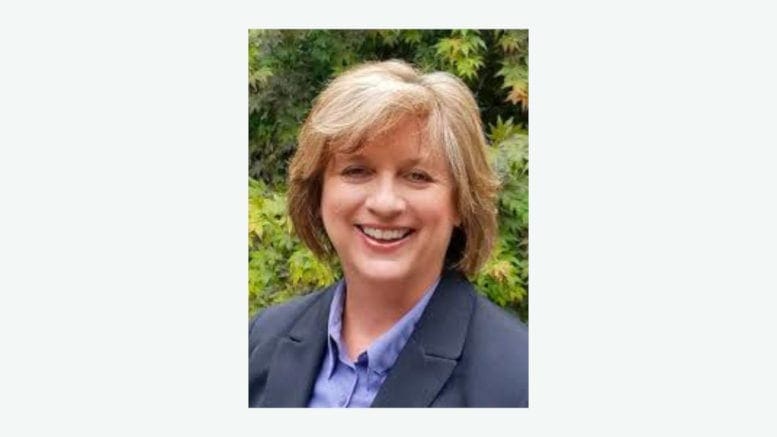By Melanie Dallas, LPC, CEO of Highland Rivers Behavioral Health
Since 2005, the first week of May has been recognized as Children’s Mental Health Awareness Week. I usually use that occasion to write about the importance of understanding mental health challenges in children and adolescents, and the critical importance of making sure children receive the mental health treatment they need.
Certainly, I am always glad Children’s Mental Awareness Health Week helps raise awareness of how common mental health challenges are among children – in fact, sponsoring organization the National Federation of Families this year is changing the name to Children’s Mental Health Acceptance Week. But children’s mental health should be a priority every day – especially as the pandemic has fueled what is increasingly recognized as a mental health emergency among our youth.
Data gathered before and during the pandemic found some concerning trends. For instance, a June 2021 report from the Centers for Disease Control and Prevention (CDC) found that during 2020, the proportion of mental health-related emergency department (ED) visits among adolescents aged 12 to 17 years increased 31% compared with 2019.
Even more troubling, the report goes on to say that by May 2020, early in the COVID-19 pandemic, ED visits for suspected suicide attempts began to increase among adolescents aged 12 to 17, especially girls. Between February 21 and March 20, 2021, suspected suicide attempt ED visits were 50.6% higher among girls aged 12 to 17 years than during the same period in 2019; among boys aged 12 to 17 years, suspected suicide attempt ED visits increased 3.7%.
Those statistics and others were likely the driving force behind a stark statement issued last October by the American Academy of Pediatrics, the American Academy of Child and Adolescent Psychiatry and the Children’s Hospital Association declaring a national state of emergency in children’s mental health.
This declaration noted that more than 140,000 children in the U.S. have lost a primary and/or secondary caregiver, and further, young people are experiencing “soaring rates of depression, anxiety, trauma, loneliness, and suicidality that will have lasting impacts on them, their families, and their communities.”
Two months later, in December, U.S. Surgeon General Vivek H. Murthy, M.D., issued a rare advisory on protecting children’s mental health. Noting that mental health trends among children and adolescents were concerning prior to the pandemic, Dr. Murthy writes that since the pandemic began, rates of psychological distress among young people, including symptoms of anxiety, depression, and other mental health disorders, have increased. In fact, depressive and anxiety symptoms doubled during the pandemic, with 25% of youth experiencing depressive symptoms and 20% experiencing anxiety symptoms.
Unfortunately, many youth who experienced mental health challenges did not receive treatment. According to Mental Health America’s 2022 State of Mental Health in America report, in 2019 only 27.2% of youth nationally received consistent treatment for major depression; in Georgia only 20% did. In fact, in 2019 approximately 75,000 Georgia children with major depression did not receive any mental health services at all – a statistic that is unlikely to have improved as the pandemic disrupted our communities, schools and healthcare delivery. Perhaps not surprisingly, Georgia’s mental health workforce availability ranks 47th in the nation.
While the reports from both the Surgeon General and the American Academy of Pediatrics make a series of important and thoughtful recommendations – especially mental health insurance parity that can bolster the mental health system generally and the mental health workforce specifically – we know that more financial resources are a critical necessity.
With the Georgia General Assembly set to convene this month, we remain hopeful our legislators understand the urgency of these circumstances and act swiftly to ensure every child in Georgia has access to affordable and adequate mental healthcare. A mental health emergency among our children is something we cannot – and must not – abide.
Melanie Dallas is a licensed professional counselor and CEO of Highland Rivers Behavioral Health, which provides treatment and recovery services for individuals with mental illness, substance use disorders, and intellectual and developmental disabilities in a 13-county region of northwest Georgia that includes Bartow, Cherokee, Cobb, Floyd, Fannin, Gilmer, Gordon, Haralson, Murray, Paulding, Pickens, Polk and Whitfield counties.
